Afghanistan
However, the checks were probably not always particularly thorough, terrorism expert Hans-Jakob Schindler, director of the Counter Extremism Project, told our editorial team. “The withdrawal from Afghanistan was poorly planned and even worse executed,” said Schindler.
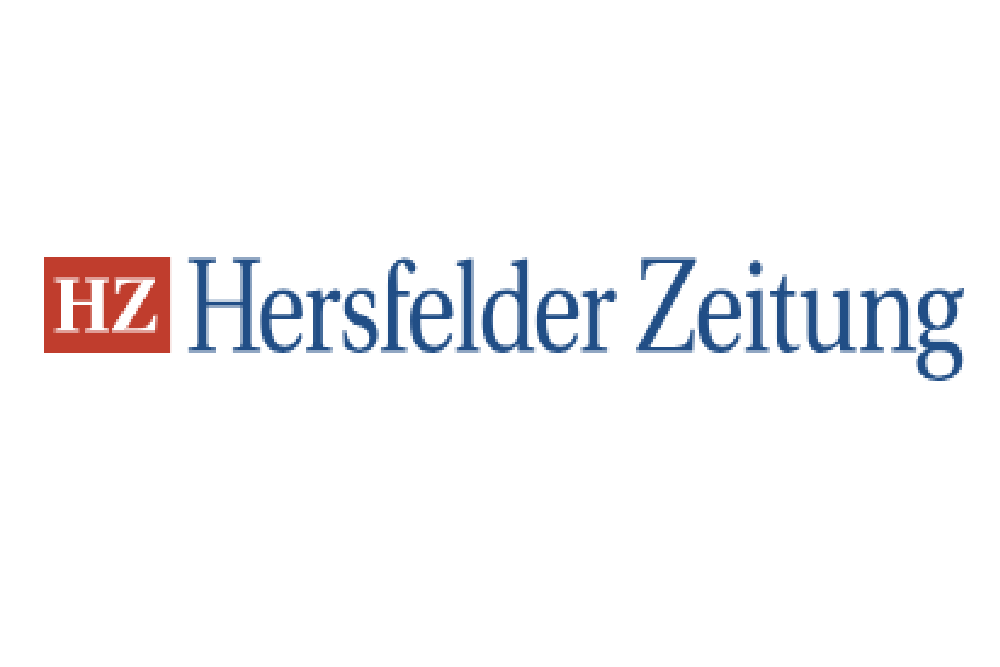
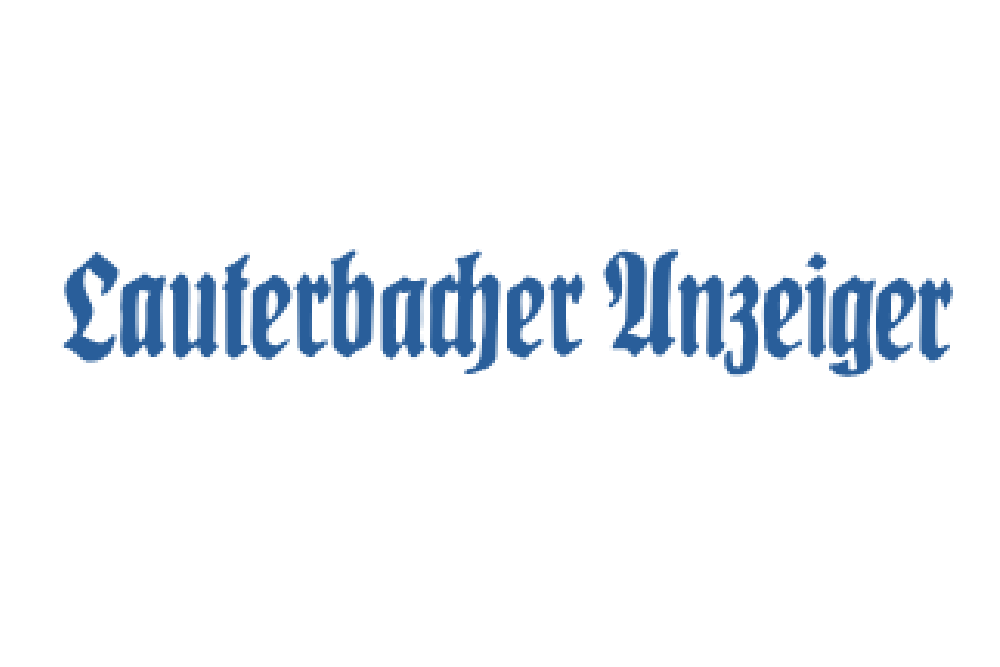
However, the checks were probably not always particularly thorough, terrorism expert Hans-Jakob Schindler, director of the Counter Extremism Project, told our editorial team. “The withdrawal from Afghanistan was poorly planned and even worse executed,” said Schindler.
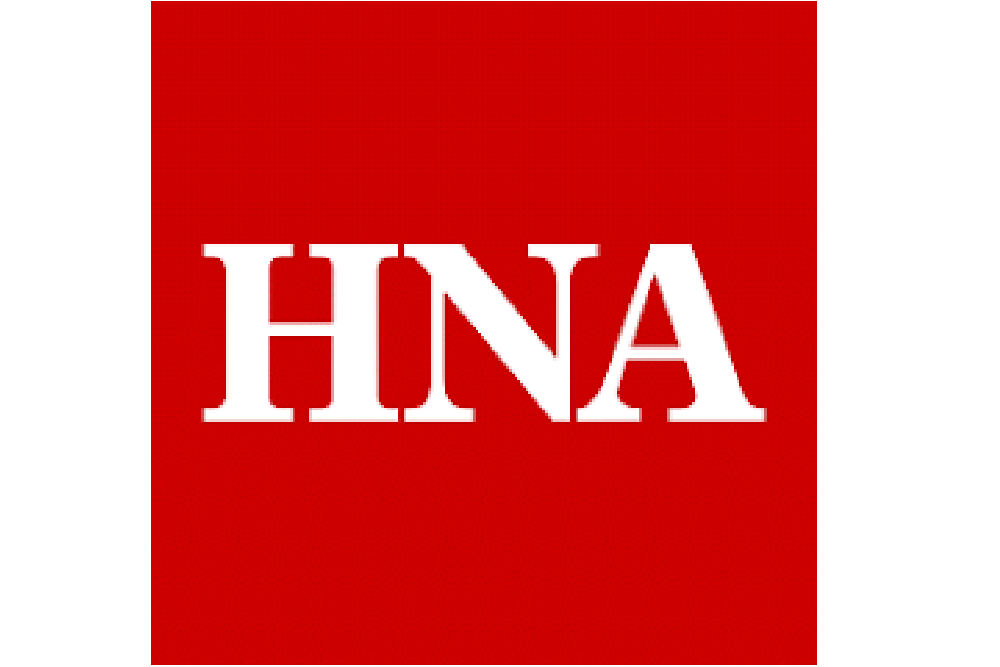
However, the checks were probably not always particularly thorough, terrorism expert Hans-Jakob Schindler, director of the Counter Extremism Project, told our editorial team. “The withdrawal from Afghanistan was poorly planned and even worse executed,” said Schindler.

However, the checks were probably not always particularly thorough, terrorism expert Hans-Jakob Schindler, director of the Counter Extremism Project, told our editorial team. “The withdrawal from Afghanistan was poorly planned and even worse executed,” said Schindler.

CEP Senior Director Dr. Hans-Jakob Schindler presentation during webinar: “Since the Taliban’s 2021 takeover, Afghanistan has become a terrorism hub, hosting Al-Qaeda, TTP, and others despite regime denials. This seminar examines the Taliban’s role in transnational threats, cross-border ambitions, and ideological ties to Hamas in Gaza and HTS in Syria. Convened by Bareen Initiative for Development (BID), it fosters evidence-based dialogue among experts and policymakers to counter extremism.”
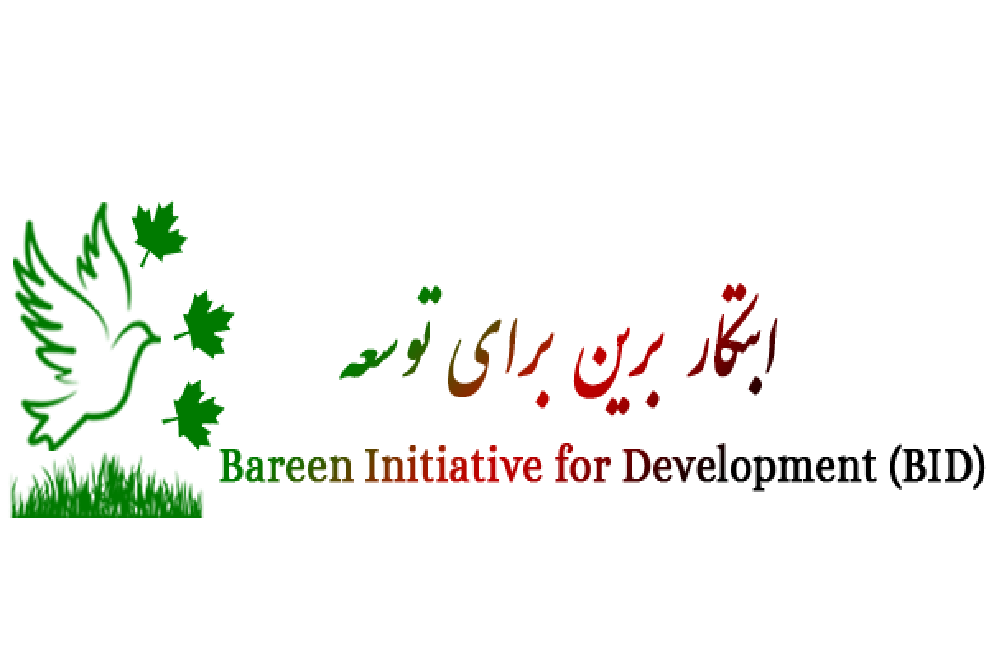
The UN further stated that the greatest danger comes from IS-KP, which has around 2,000 fighters and, in recent years, has carried out deadly attacks in Russia, Iran, and Pakistan, showing the group’s capability across borders. Hans-Jakob Schindler, a former coordinator of a UN committee monitoring armed groups, told AFP on Thursday, “The risk is very high that IS-KP will see these newly returned Afghan citizens as an opportunity for recruitment.” According to Schindler, “Since August 2021, the group has continued to recruit not only disgruntled Taliban members but also Afghans who feel excluded from the new government.”

Around 2.6 million Afghans have returned since January, including many who have spent decades abroad or who are setting foot in Afghanistan for the first time.
"The risk that Islamic State Khorasan sees these newly arrived Afghans as a potential recruitment pool is high," Hans-Jakob Schindler, a former coordinator of the UN committee monitoring militant groups, told AFP.

Hans-Jakob Schindler, former coordinator of the UN monitoring committee on militant groups, told AFP: “The risk that Islamic State Khorasan sees these newly arrived Afghans as a potential recruitment pool is high.” He noted that since 2021, IS-K has recruited both disaffected Taliban members and Afghans excluded from the new governing structures. Schindler says “Many foiled attacks in Europe between 2023 and 2025 have been linked back to the Islamic State.”
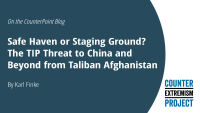
Safe Haven or Staging Ground? The TIP Threat to China and Beyond from Taliban Afghanistan
This blog is the third entry in a five-part series about the Turkistan Islamic Party (TIP), an al Qaeda (AQ)-affiliated, originally Uyghur Islamist terrorist group. Like many AQ affiliates, TIP has sought refuge with the Taliban in their “Islamic...

The Counter Extremism Project Presents
Enduring Music: Compositions from the Holocaust
Marking International Holocaust Remembrance Day, the Counter Extremism Project's ARCHER at House 88 presents a landmark concert of music composed in ghettos and death camps, performed in defiance of resurgent antisemitism. Curated with world renowned composer, conductor, and musicologist Francesco Lotoro, the program restores classical, folk, and popular works, many written on scraps of paper or recalled from memory, to public consciousness. Featuring world and U.S. premieres from Lotoro's archive, this concert honors a repertoire that endured against unimaginable evil.